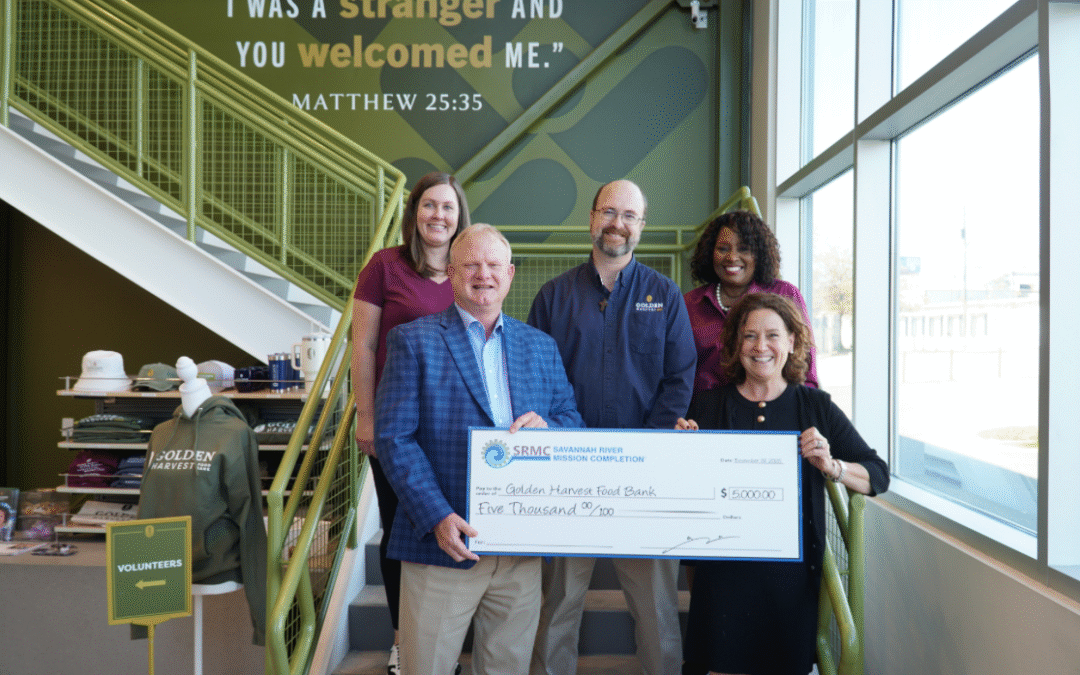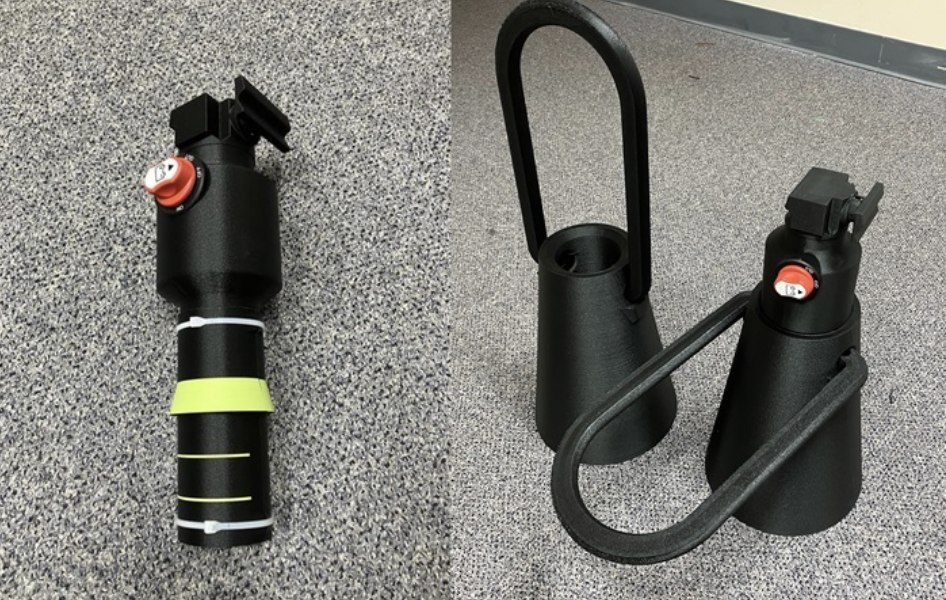The opioid crisis that has engulfed our nation is one of the single largest epidemics in modern medical history; and the saddest thing is that the crisis was largely preventable.
According to the Centers for Disease Control and Prevention (CDC), 75% of all overdoses that killed 932,000 Americans between 1999 and 2021 were caused by opioids that were prescribed by a doctor.
It is rare to meet a family that has not been impacted by this crisis. In fact, from plying our children with Ritalin to accepting potent drugs with serious side effects, we have become a population of pill-poppers.
I have had two people close to me that faced a doctor sanctioned addiction; regrettably, one of them did not make it. His friends and family were helpless in trying to save him and he died alone.
The other person in my circle became addicted to powerful opioids due to the actions of, of all people, her dentist. After several botched implant surgeries, the dentist did not refer her to an oral surgeon, but rather kept amping up the medication until she quite literally became a zombie.
Possibly out of fear that he would be sued for malpractice over the failed implants, the dentist would slip prescriptions into this person’s purse so that his nurse would not notice what he was doing.
Finally, an intervention from the family became necessary as we had learned our lesson with the friend who died. After weeks of in-patient rehab, she was drug-free but hardly out of the woods.
Despite the long-term rehab, the cravings remained, and alcohol replaced the OxyContin. She began drinking morning, noon and night.
After a couple of car crashes, another intervention became necessary and another trip to rehab was made. Thanks to the folks at Alcoholics Anonymous, she has been drug and alcohol free for nearly four years.
These days, she won’t even drink a mocktail because she knows the slope is slippery and the cliff is deadly; however, she still bears the guilt of knowing that she could have killed someone driving around while drugged out of her mind.
Unfortunately, there was no legal remedy against the dentist as he had kept her on the medication just long enough for the statute of limitations to expire. He is likely still slipping prescriptions into other people’s purses to this day.
Recently, the city of Augusta was awarded a small portion of the $80 million settlement from Johnson & Johnson, AmerisourceBergen, Walmart, Jannsen Pharmaceuticals and CVS/Walgreens, according to Kaiser Family Foundation.
These companies were forced to admit that they are nothing other than members of a legal drug cartel. While the companies may have admitted their drugs destroy lives, the companies are not likely to stop luring people into addiction because there is too much profit to be made.
The settlement is a good start, but it is only a small step in the right direction.
Television is ablaze with ads for medication. The ads show happy, healthy people in flowing white clothing, smiling as they run up a daisy-covered hill towards a beautiful gazebo where their tail-wagging dog is waiting to be petted.
The ad lasts for 30 seconds, and the last two seconds are a full-screen blip of the side effects one can expect from the drugs before ending with “ask your doctor if Brand X is right for you.”
Incredibly, I have seen an ad for a medication meant to quell the side effects of other medications and the medication being advertised came with its own side effects!
The law doesn’t allow for cigarettes to be advertised on television, so why should the law allow for a morphine-based product to be marketed like candy?
It may shock you to find out that while it is illegal for healthcare professionals to receive kick-backs from drug companies for issuing prescriptions, there are ways around the law.
According to a study conducted by ProPublica, over 2,500 doctors were found to have been paid around $500,000 by Big Pharma to “attend” conferences or maybe give a talk on how a specific drug helped their patients.
It is routine for drug companies to hold lavish receptions with high-end cheese and hors de ‘overs served up on silver trays by women who look like fashion models. The pricey wine flows freely at these “educational” receptions.
The doctors who participate in this are in the minority of healthcare professionals, because most doctors realize that such behavior is a direct violation of their Hippocratic Oath.
The law does not allow for disk-jockeys to participate in “payola,” which is receiving a kickback for playing someone’s song on-air, so why does the law allow for physicians to participate in the medical equivalent?
Finally, it takes years for people to recover from these addictions and the statute of limitations needs to reflect that fact.
The opioid crisis did not have to happen and does not have to continue.
Scott Hudson is the Senior Investigative Reporter and Editorial Page Editor for The Augusta Press. Reach him at scott@theaugustapress.com











